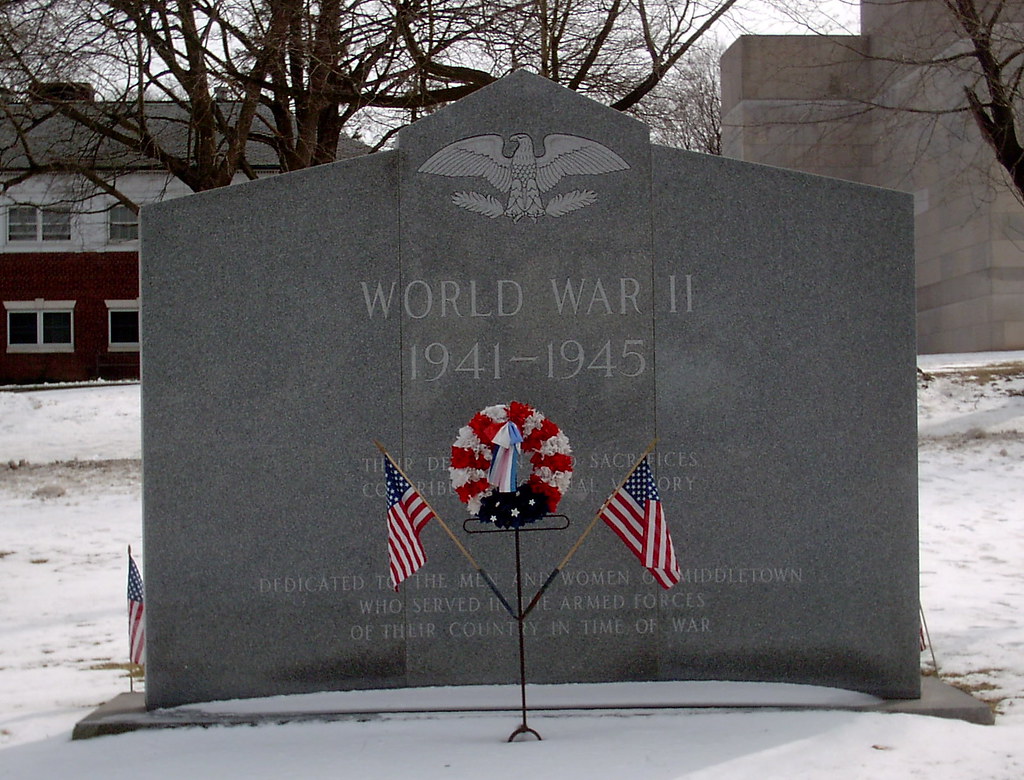Kissinger warns of possible "war of civilizations"
Wed Sep 13, 11:54 AM ET
Former US secretary of state Henry Kissinger warned that Europe and the United States must unite to head off a "war of civilizations" arising from a nuclear-armed Middle East.
In an opinion column in the Washington Post, the renowned foreign policy expert said the potential for a "global catastrophe" dwarfed lingering transatlantic mistrust left over from the Iraq war.
"A common Atlantic policy backed by moderate Arab states must become a top priority, no matter how pessimistic previous experience with such projects leaves one," Kissinger wrote.
"The debate sparked by the Iraq war over American rashness vs. European escapism is dwarfed by what the world now faces.
"Both sides of the Atlantic should put their best minds together on how to deal with the common danger of a wider war merging into a war of civilizations against the background of a nuclear-armed Middle East."
Kissinger wrote that the big threat lay in the erosion of nation states and the emergence of transnational groups. Iran was at the centre of the challenge, he said, with its support for Hezbollah, radical Shiite groups in Iraq and its nuclear program.
Washington must accept that many European nations were more optimistic about talks designed to convince Iran to halt uranium enrichment -- a process Tehran denies is aimed at making weapons, he wrote.
But in return, he said, Europe should accept the process must include a "bottom line" beyond which diplomatic flexibility must not go and a time limit to ensure talks did not become a shield for "developing new assaults."
In the article, Kissinger, national security adviser for former president Richard Nixon, and secretary of state for Nixon and his successor Gerald Ford, warned the Lebanese Shiite militia Hezbollah was still dangerous, after its month-long conflict with Israel.
"Hezbollah's next move is likely to be an attempt to dominate the Beirut government by intimidation and, using the prestige gained in the war, manipulating democratic procedures," he said.
He concluded by noting that observers wondered whether, after the Cold War, trans-Atlantic ties could survive the loss of a common enemy.
"We now know that we face the imperative of building a new world order or potential global catastrophe. It cannot be done alone by either side of the Atlantic. Is that realization sufficient to regenerate a common purpose?"
Blair attacks Europe's "mad anti-Americans"
Sep 13, 7:06 PM (ET)
By Paul Majendie
LONDON (Reuters) - British Prime Minister Tony Blair launched a withering attack on Thursday on what he called "mad anti-Americanism" among European politicians.
Blair, U.S. President George W. Bush's closest ally in the so-called war on terror, said the world urgently needs the United States to help tackle the globe's most pressing problems.
"The danger is if they decide to pull up the drawbridge and disengage. We need them involved," Blair said, spelling out his political vision in a pamphlet published by The Foreign Policy Center think-tank.
"The strain of, frankly, anti-American feeling in parts of European politics is madness when set against the long-term interests of the world we believe in," he said.
Blair, accused by critics of being Bush's poodle who slavishly follows Washington's line, sought to stifle a revolt in his ruling Labour Party last week by promising to quit within a year after almost 10 years in office.
His popularity has tumbled in opinion polls after government scandals over sleaze and mismanagement were compounded by controversy over the wars in Iraq and Lebanon.
As he did during the Iraq War, he sided squarely with Washington over the conflict between Israel and Hizbollah guerrillas, angering Arab nations and European allies by refusing to call for an immediate ceasefire.
Responding to those who have criticized the White House, Blair said in his pamphlet: "The danger with America today is not that they are too much involved."
"We want them engaged. The reality is that none of the problems that press in on us can be resolved or even contemplated without them," he added.
Laying out his vision for countering extremists, he said: "We need to construct an alliance of moderation that paints a future in which Muslim, Jew and Christian, Arab and Western, wealthy and developing nations can make progress in peace and harmony with each other."
Blair, returning from a trip to the Middle East, said the stand-off between Israel and the Palestinians remains "a -- perhaps the -- genuine source of anger in the Arab and Muslim world, going far beyond anti-Western feeling."
"The issue of even-handedness rankles deeply," he acknowledged.
Blair pledged to making Middle East "an absolute priority for the rest of my time in office."
But analysts believe his efforts are unlikely to break the logjam there, nor restore his reputation. His trip smacked of an attempt to burnish his reputation as his career draws to a close, they argue.
"He is not as instrumental as he needs to be, or would like to believe he is," said Rosemary Hollis, a Middle East expert at British think-tank Chatham House.















No comments:
Post a Comment